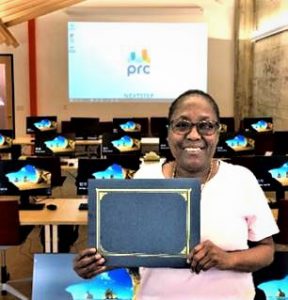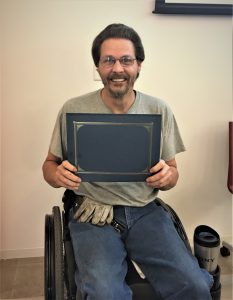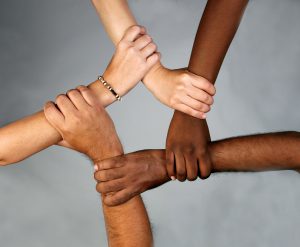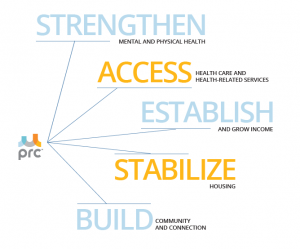What happens when Californians living with mental illness and substance use disorders (SUDs) are unable to receive the care they need? Historically, many end up in jails and Emergency Departments or living on the street. Before COVID-19, this was an inadequate solution, one that community safety net providers worked hard to remedy. Now, the need for mental health and SUD services takes on new urgency. Our Emergency Departments are stretched to the limit. Behavioral healthcare providers statewide are doing everything we can to serve people with urgent mental health and SUD needs in community settings, and out of hospitals. But, just when our communities need us most, we may be at risk of collapse.
Behavioral health organizations are facing a true perfect storm. We continue to provide essential services, including in-person contact with clients in crisis. According to a survey conducted by the California Council of Community Behavioral Health Agencies (CBHA), 89 percent of member agencies lack the necessary personal protective equipment, including masks, hand sanitizer and gloves. Meanwhile, our agencies are hemorrhaging financially. Many organizations are serving fewer clients, even with telehealth options, as people are isolated and afraid to reach out for help. Several organizations have been forced to furlough and cut staff, and the crisis promises to continue to negatively impact our agencies and our clients.
Nevertheless, our professionals continue to work despite fear and uncertainties. Outreach to individuals experiencing homelessness continues. Transporting people into shelters continues. Residential mental health and SUD treatment facilities and halfway houses continue to operate. Suicide prevention hotlines continue to operate as the number of urgent calls steadily increases.
Make no mistake – the need for mental health and SUD services has not declined. On the contrary, symptoms of anxiety, depression and isolation are sweeping the nation. And, very soon, frontline healthcare workers will begin presenting signs of post-traumatic stress disorder.
A second wave of this crisis is taking shape, a mental health crisis that will begin to peak just as new infection numbers start to decline. As the leaders of three of California’s largest behavioral healthcare providers serving some of our state’s most vulnerable individuals, we are worried that we may not be able to help when our state needs us most.
Our organizations continue to reverse overdoses that would otherwise likely have been fatal. We have kept people out of overtaxed Emergency Departments and jails. We have kept people from dying. But, we cannot survive like this. We need help and we need it right away.
That is why we have joined with the National Council for Behavioral Health to advocate for a $38.5 billion infusion of federal emergency funds for behavioral health organizations to avert a large-scale public health calamity. As part of the next stimulus bill, this funding would immediately stabilize the system and ensure that providers like us can provide services to the hundreds of thousands of individuals in California that depend on us.
The value of such an investment goes far beyond the immediate need. Just as frontline healthcare workers have been there when our communities needed the most, we want to be sure behavioral healthcare professionals are able to help. This will not be possible without immediate, emergency funding.
We are grateful to Speaker Pelosi for her work to get bipartisan agreement for the previous stimulus package, and hope that she will be able to secure similar support for behavioral health providers in the next package.
All too often, people living with mental illness and SUDs are forgotten, overlooked or cast out of sight. Now more than ever, we must care for them. Only then can we ensure the health and well-being of all Californians.
Brett Andrews is CEO of PRC, Vitka Eisen is President and CEO of HealthRIGHT 360 and Al Gilbert is President and CEO of Felton Institute
Learn more about the National Council for Behavioral Health.





